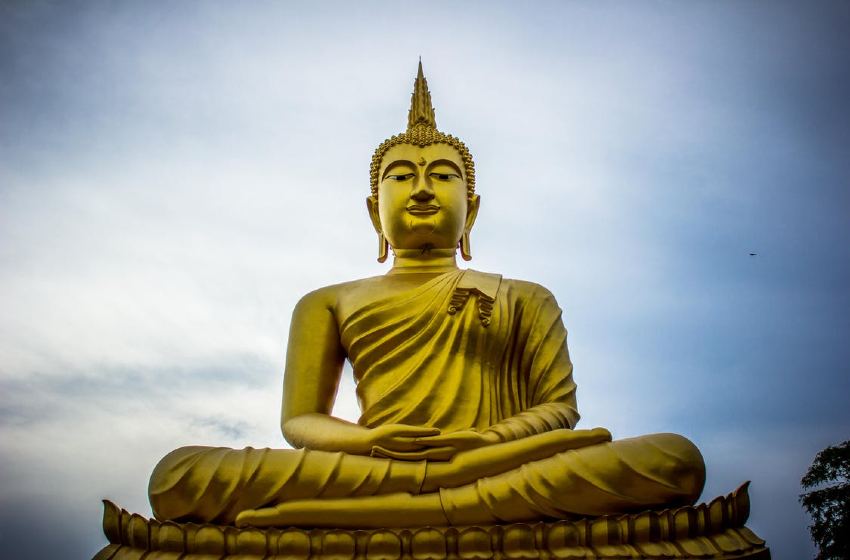Every nation in the world has its New Year’s Day. A year is the time of the apparent revolution of the sun through the ecliptic; and a sidereal year is a time in which the sun, departing from any fixed star, returns to the same.
Astronomical Hindu New Year and Samratsaradi
The Hindu’s astronomical year is sidereal. He calls it Samratsaradi, the first day of the year or the Vishu -, Chaitravishu, the equinoctial point of Aries, into which the sun enters at the vernal equinox. This event generally falls on the 12th of April and is considered by the Hindus a Punaykala – or a holy occasion. So on New Year’s Day, the Manes and Gods are propitiated by offerings of tarpana – oblations of water – and other allied ceremonies. In other respects, New Year’s Day is a day of feasting.
Varied New Year’s Observances Across Hindu Sects
Hindu New Year celebrations differ by sect and calendar:
- Tamils: Follow the solar calendar, observing the sidereal year.
- Telugu and Kannadigas: Follow the lunisolar calendar, celebrating earlier than April 12th.
- Malayalis: Follow the solar calendar but start their agricultural year (Kollamandu) in mid-September.
Though the astronomical Hindu year falls around the 12th of April, New Year’s Day is observed on different days by different sects of the Hindus, according to whether they follow the lunar, the lunisolar, or the solar calendar. The Tamils follow the solar, and their year is thus the sidereal year. The Telugus and the Kannadigas follow the Chandramana reckoning, and their year is lunisolar, which begins earlier than the 12th of April. The Malayalis follow the Tamils, through their Kollamandu – which is more an agricultural year – starts about the middle of September, when the sun enters the autumnal equinox.
Traditional New Year Festivities
On New Year’s Day, Hindus:
- Take sacred baths in rivers or the sea.
- Perform rituals to honour ancestors and deities.
- Dress in festive clothes, visit temples and prepare special meals.
- Read and discuss the New Year Calendar (Panchanga) in gatherings, often with music and treats.
Malabar’s Grand New Year’s Eve and Morning Rituals
In Malabar, New Year’s Eve involves collecting auspicious items (coins, jewels, fruits, flowers) in the family god’s worship room. Early on New Year’s morning, the family head (Karavan) opens the room, and family members view the auspicious collection. This ritual is a unique tradition among Malayalis, symbolizing prosperity and good fortune for the year ahead.
Also Read: Hindi Months Name: 12 Months of the Year in Hindi and English





